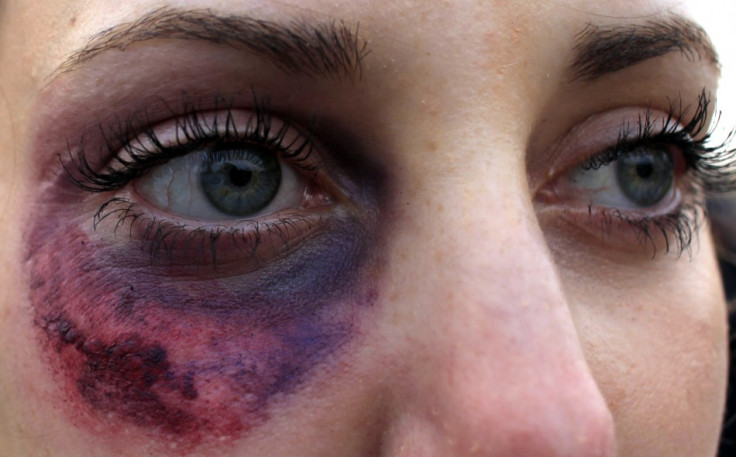1 in 6 Women Attending Fracture Clinics Are Domestic Abuse Victims

One in six women who visit orthopaedic fracture clinics have been the victim of domestic abuse, either through physical, emotional or sexual violence, Canadian researchers have found.
A study by researchers at McMaster University in Ontario also found that one in 50 women visiting these clinics arrive as a result of being physically abused by a partner.
The team say the high proportion of domestic abuse victims at orthopaedic clinics mean they are well placed to identify those at risk of intimate partner violence (IPV).
Sheila Sprague, who led the study with Mohit Bhandari, said: "The unexpectedly high rate of IPV in orthopaedics suggests that injury clinics are the ideal location for identification and support programs for victims of severe abuse who may be at increased risk of further injury and homicide."
The researchers also noted that orthopaedic surgeons are well-placed because they often develop long-term relationships with victims of domestic violence because of repeat visits.
Musculoskeletal injuries are the second most common type of injury resulting from domestic violence and victims are often seen by orthopaedic surgeons. The most common injuries from IPV are to the head, neck and face.
Researchers looked at the annual and lifetime prevalence of IPV in almost 3,000 adult women in 12 fracture clinics in Canada, the US, Denmark, India and the Netherlands.
Billion women abused
All the women anonymously answered questions about abuse through two questionnaires.
One in three reported experiencing domestic abuse at some point during their lives, while 16% said they had experienced violence from a partner in the past year.
Of the women who attended the clinic as a direct result of IPV, just 14% said they had been asked about abuse by a health worker.
Across the globe, domestic violence is the leading cause of non-fatal injury to women, with over a billion experiencing some form of gender-based violence every year.
Bhandari said: "Almost three-quarters of the women in our study believed that health-care providers should ask all women about intimate partner violence, and about two-thirds agreed that orthopaedic surgeons are particularly well placed to do this.
"The frequency of physical injuries associated with the violence mandates that we, as orthopaedic surgeons, work hard to identify and ensure the safety of women in our trauma clinics."
© Copyright IBTimes 2025. All rights reserved.




















